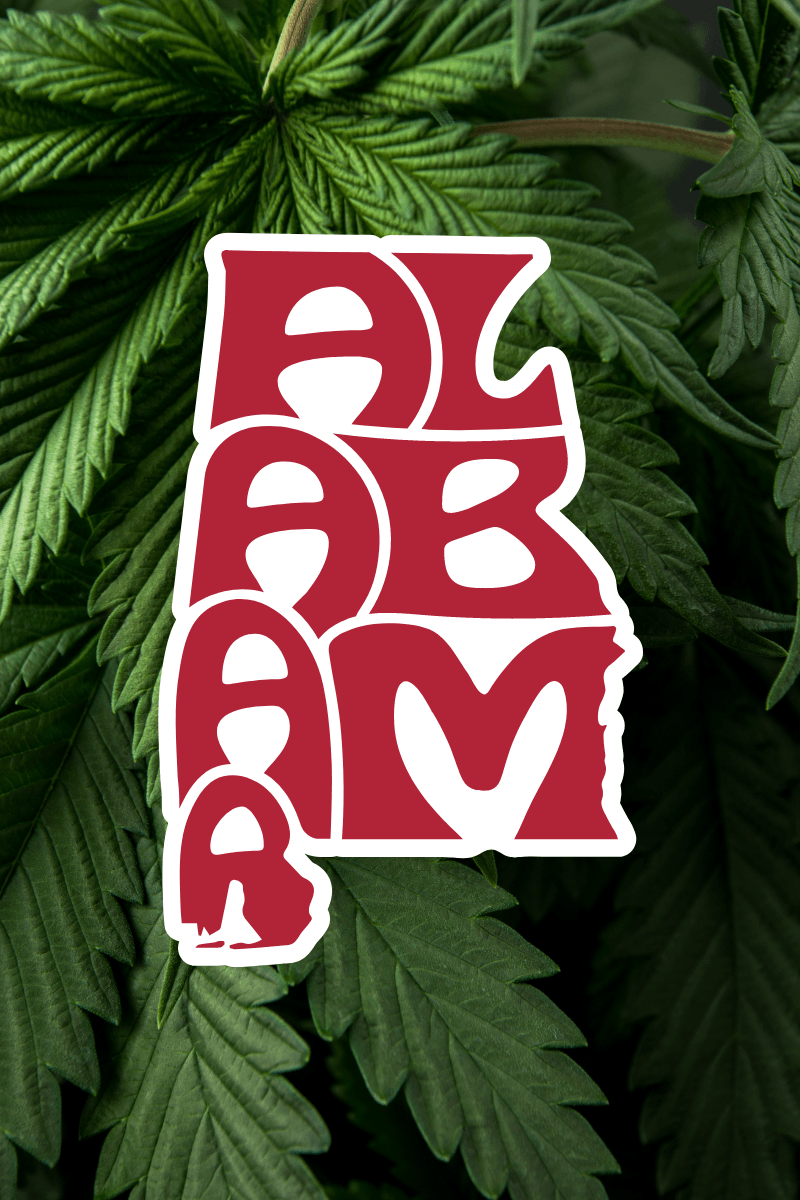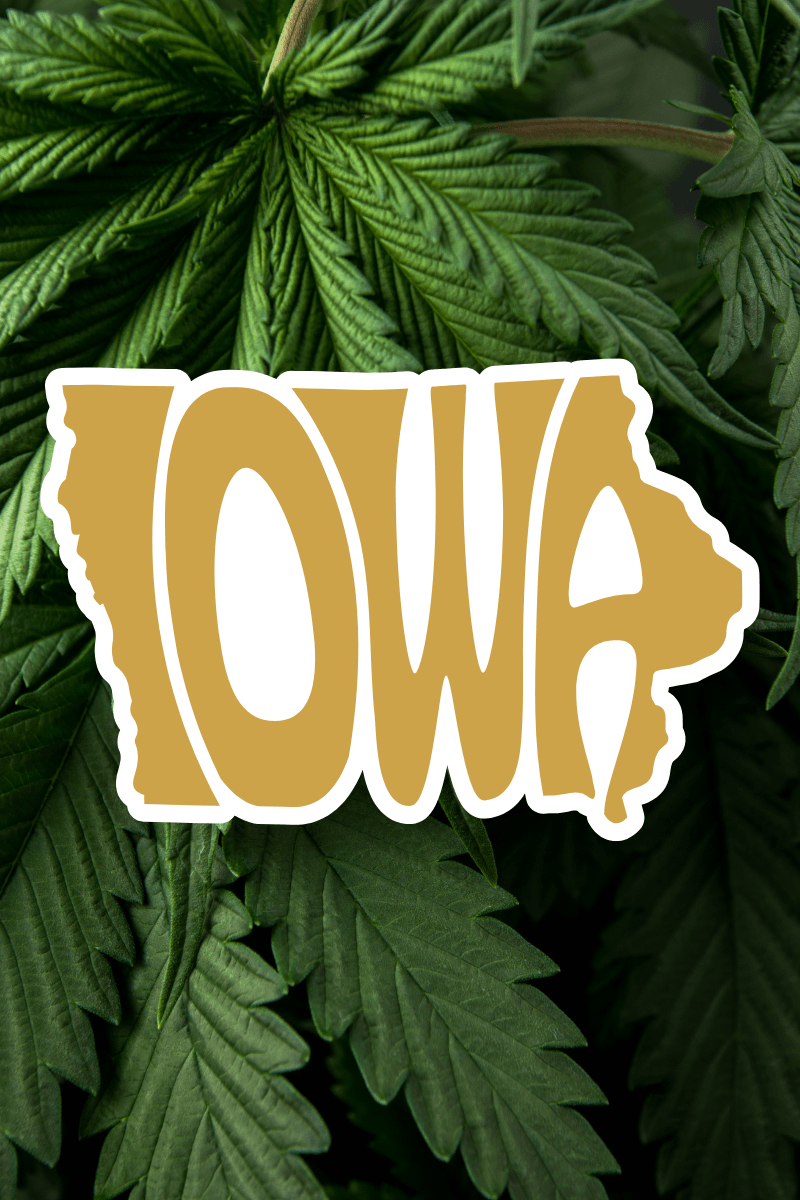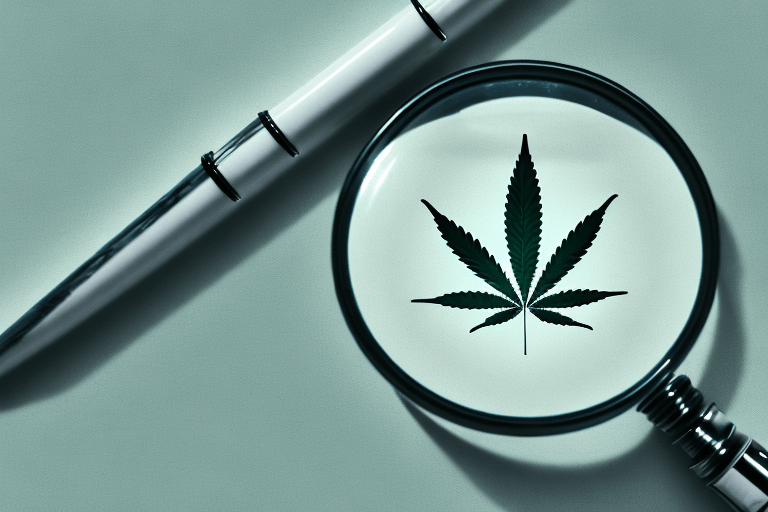Delta 8 is a cannabinoid that has been gaining popularity in recent years. It is often referred to as the "legal" alternative to Delta 9 THC, as it provides similar effects but with less potency and psychoactivity.
However, the legality of Delta 8 can vary from state to state, including Alabama. In this article, we will explore the legal status of Delta 8 in Alabama and how it impacts consumers and local businesses.
Table of Contents:
Understanding Delta 8
Before diving into the legal aspects, it is essential to understand what Delta 8 is.
Delta 8 is a naturally occurring compound found in cannabis plants, but in very small concentrations. It is considered a minor cannabinoid, meaning it is present in much lower quantities compared to Delta 9 THC.
Despite its low levels, Delta 8 still possesses psychoactive properties, although milder than its counterpart.
The Legal Status of Delta 8 in the United States
When it comes to the legality of Delta 8, it is crucial to consider both federal laws and state-specific regulations. Let's review the current legal landscape surrounding Delta 8.
Delta 8 exists in a legal gray area at the federal level. The 2018 Farm Bill, which legalized industrial hemp and its derivatives, including cannabinoids like CBD, did not explicitly address the legal status of Delta 8. This lack of clarity has led to confusion and varying interpretations regarding the legality of Delta 8 across different states.
So technically speaking, Delta 8 THC is federally legal as long as it's hemp derived and under the threshold of .3% Delta 9.
Despite the ambiguity at the federal level, individual states have taken it upon themselves to determine the regulations surrounding Delta 8.
Each state has the authority to decide whether Delta 8 is legal, illegal, or falls into a regulatory gray area. This means that the legal status of Delta 8 can vary significantly from one state to another.
For example, in some states, Delta 8 is fully legal and can be purchased and consumed without any restrictions. These states have chosen to align their regulations with the federal stance on industrial hemp and its derivatives, including Delta 8. Individuals in these states can enjoy the benefits of Delta 8 without worrying about legal repercussions.
On the other hand, there are states where Delta 8 is explicitly illegal. These states have chosen to prohibit the sale, possession, and use of Delta 8, considering it to be a controlled substance. Individuals in these states must refrain from using Delta 8 to avoid potential legal consequences.
Additionally, there are states where the legal status of Delta 8 is uncertain or falls into a regulatory gray area. In these states, the laws and regulations surrounding Delta 8 may be vague or subject to interpretation. This can create confusion for both consumers and businesses operating in the Delta 8 industry.
Alabama's Stance on Delta 8
Now that we have a broader understanding of Delta 8 and its legal landscape, let's focus on Alabama's specific stance on this cannabinoid.
Alabama, like many other states, has been grappling with the complex issue of cannabis legalization. While the state has historically held a strict stance on cannabis, recent years have seen a shifting attitude towards its use and possession. This changing landscape has had implications for Delta 8, a cannabinoid that has gained popularity in the market.
Current Laws on Delta 8 in Alabama
It is worth noting that the legality of Delta 8 is not without controversy. Some argue that it falls into a legal gray area, as it is derived from hemp and not explicitly prohibited by federal law. However, others contend that Delta 8's psychoactive properties and similarities to Delta 9 THC warrant stricter regulations.
Despite the ongoing debates, Alabama currently allows the sale and possession of Delta 8 products. This has led to a growing market for these products, with various retailers and online platforms offering a wide range of Delta 8-infused items, including edibles, tinctures, and vape cartridges.
Changes in Alabama's Cannabis Laws Over Time
To understand Alabama's stance on Delta 8, it is essential to examine the broader context of the state's cannabis laws. Historically, Alabama has taken a hardline approach to cannabis, criminalizing its use and possession in various forms. However, recent years have witnessed a significant shift in attitudes and policies surrounding cannabis.
In 2014, Alabama passed Carly's Law, which allowed for the limited use of CBD oil to treat severe epilepsy. This marked the first step towards acknowledging the potential medical benefits of cannabis-derived products. Subsequently, in 2016, the state expanded its medical marijuana program with the passage of Leni's Law, which permitted the use of CBD oil for a broader range of medical conditions.
More recently, in 2019, Alabama took another significant step towards cannabis reform with the passage of the Compassion Act. This legislation legalized medical marijuana for patients with qualifying conditions, allowing them to access cannabis products under the supervision of a licensed physician.
In addition to the medical marijuana program, Alabama has also decriminalized certain cannabis-related offenses. In 2021, the state passed a law that reduced the penalties for possessing small amounts of marijuana, making it a civil offense rather than a criminal one.
These changes in Alabama's cannabis laws reflect a growing recognition of the potential benefits of cannabis and a shift towards a more compassionate and progressive approach. While Delta 8 is currently legal in Alabama, it is crucial for consumers and businesses to stay informed about any future developments in the state's cannabis regulations.
Implications of Delta 8's Legal Status in Alabama
The legal status of Delta 8 in Alabama has various implications for both consumers and local businesses. Let's explore how it affects each party.
Impact on Consumers
For consumers, the legality of Delta 8 provides an opportunity to explore a different kind of cannabis experience. With the availability of Delta 8 products in Alabama, consumers can choose from a variety of options to fit their needs and preferences. However, it is essential to exercise caution and ensure that you are purchasing Delta 8 products from reputable and legal sources.
Impact on Local Businesses
The legalization of Delta 8 in Alabama has opened up a new market for local businesses. Many entrepreneurs have seized this opportunity to offer Delta 8 products, such as edibles, vapes, and tinctures. These businesses contribute to the local economy and provide job opportunities. However, as with any industry, it is essential for businesses to comply with all relevant laws and regulations to ensure a sustainable and legal operation.
Future of Delta 8 in Alabama
As with any evolving industry, the future of Delta 8 in Alabama remains uncertain. While it is legal at present, legislative changes can occur that may impact its status. Let's explore potential future developments.
Potential Changes in Legislation
As the cannabis landscape evolves across the United States, there is a possibility of legislative changes that may affect the legal status of Delta 8 in Alabama. It is crucial for advocates and industry professionals to engage in ongoing dialogue with lawmakers and policymakers to ensure fair and informed decision-making processes.
Advocacy and Opposition to Delta 8 Legalization
Like any contentious issue, there are proponents and opponents of Delta 8 legalization. Advocacy efforts exist on both sides, with proponents highlighting the potential therapeutic benefits and economic opportunities associated with Delta 8. On the other hand, opponents raise concerns about public safety and the potential for misuse. The interplay between these opposing viewpoints will significantly affect the course of Delta 8's future in Alabama.
Conclusion
In conclusion, Delta 8's legal status in Alabama is currently allowed. However, it is essential for both consumers and businesses to stay informed about any changes in legislation that may impact its legality. As the industry continues to grow and evolve, open dialogue, education, and compliance with regulations will be crucial to ensure a responsible and sustainable approach to Delta 8 in Alabama.
Discover High-Quality Delta 8 Products at GreenPost
Now that you're informed about the legal landscape of Delta 8 in Alabama, you may be interested in exploring quality Delta 8 products. Look no further than GreenPost. We pride ourselves on offering top-notch Delta 8 gummies, oils, flower and more, all sourced from high-quality hemp. Our products undergo stringent testing to ensure purity and potency.





Leave a comment
This site is protected by hCaptcha and the hCaptcha Privacy Policy and Terms of Service apply.